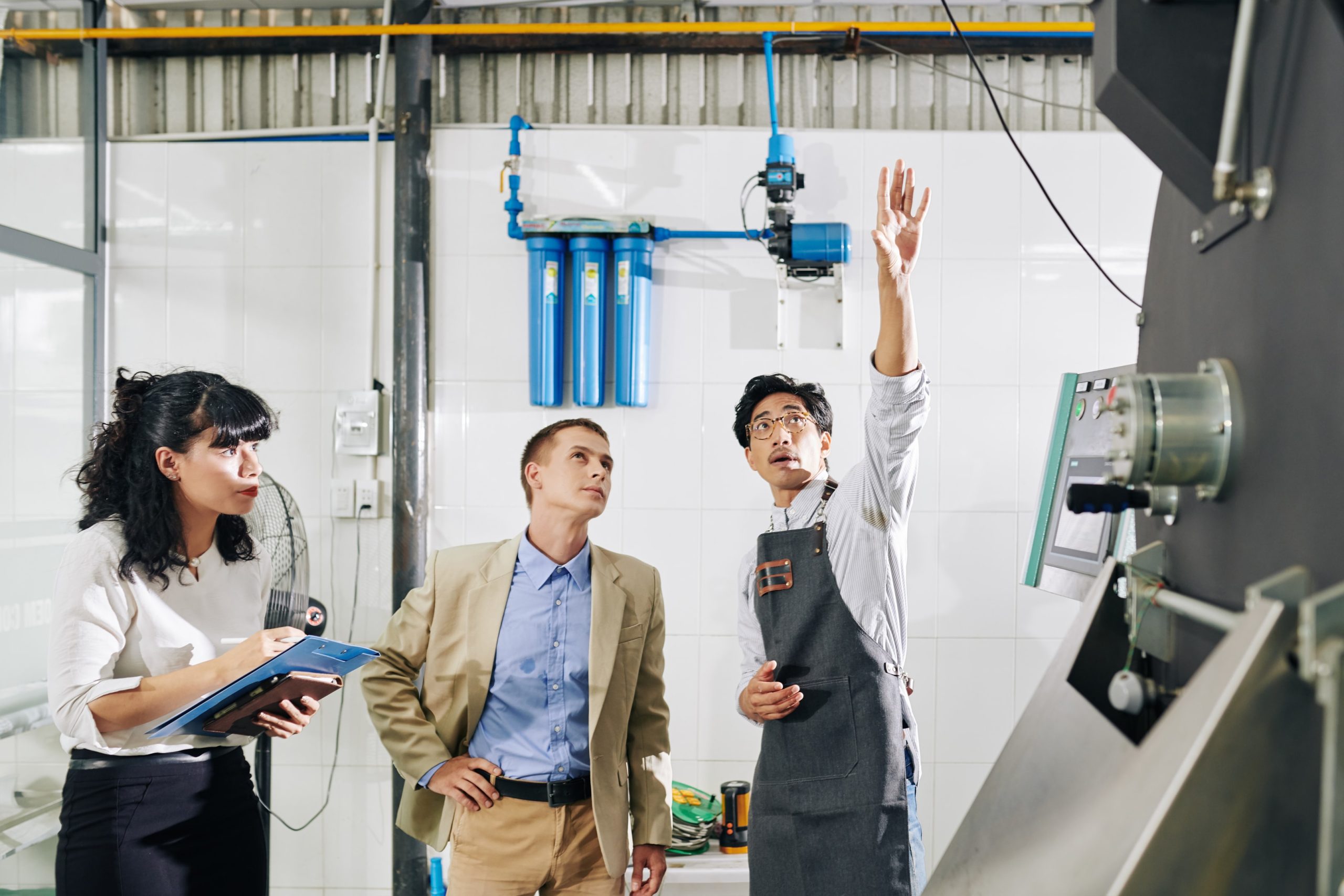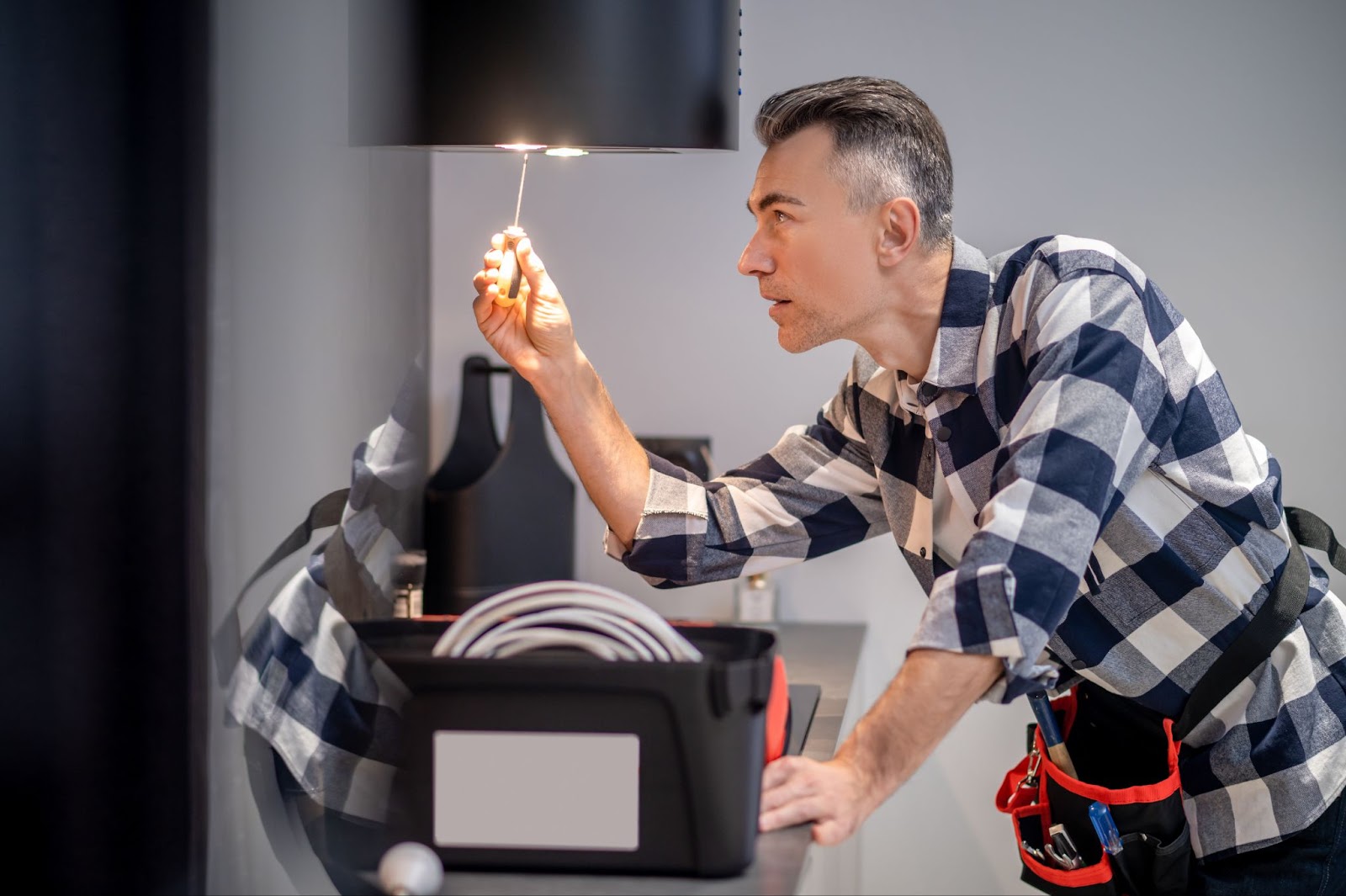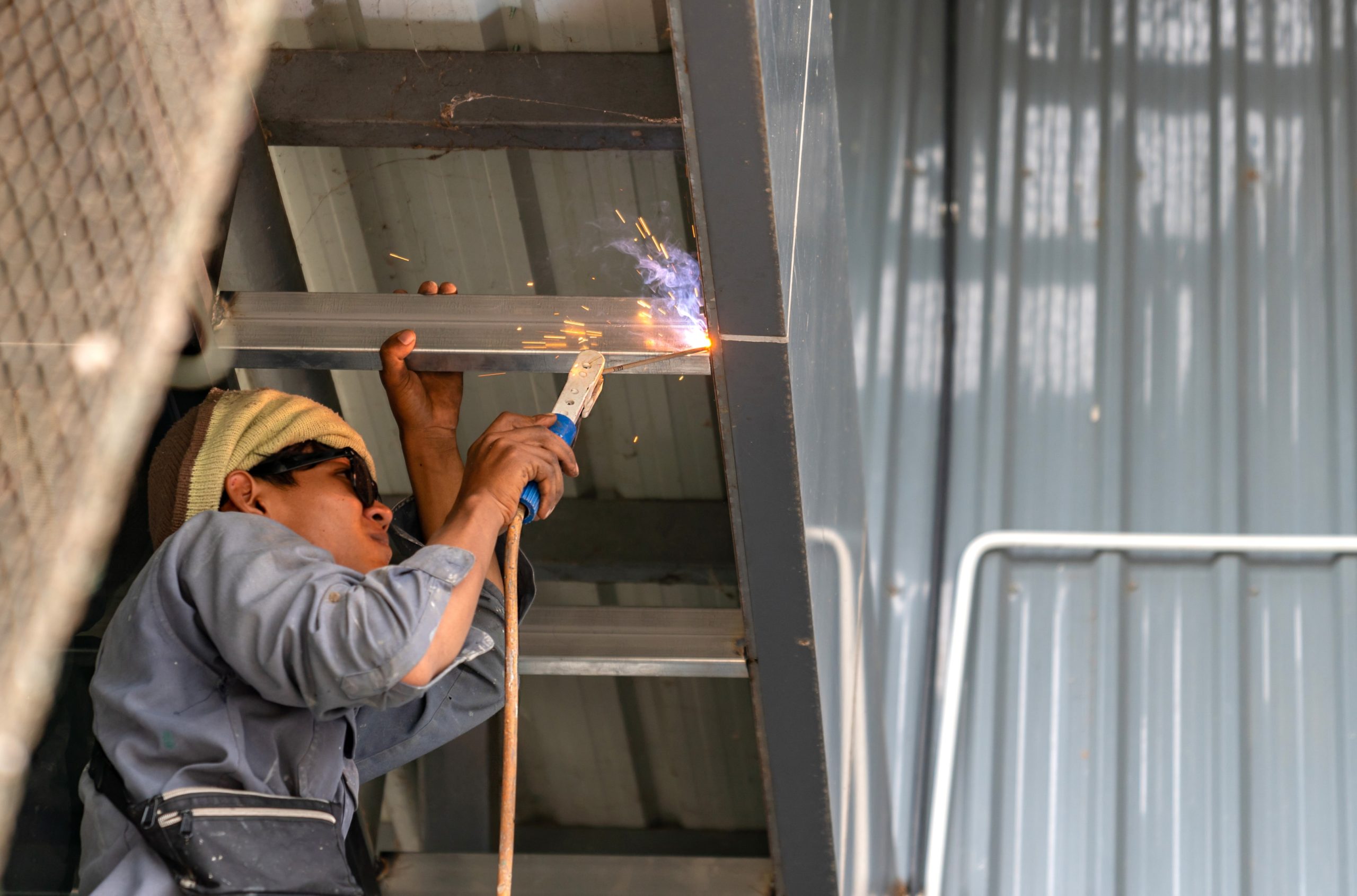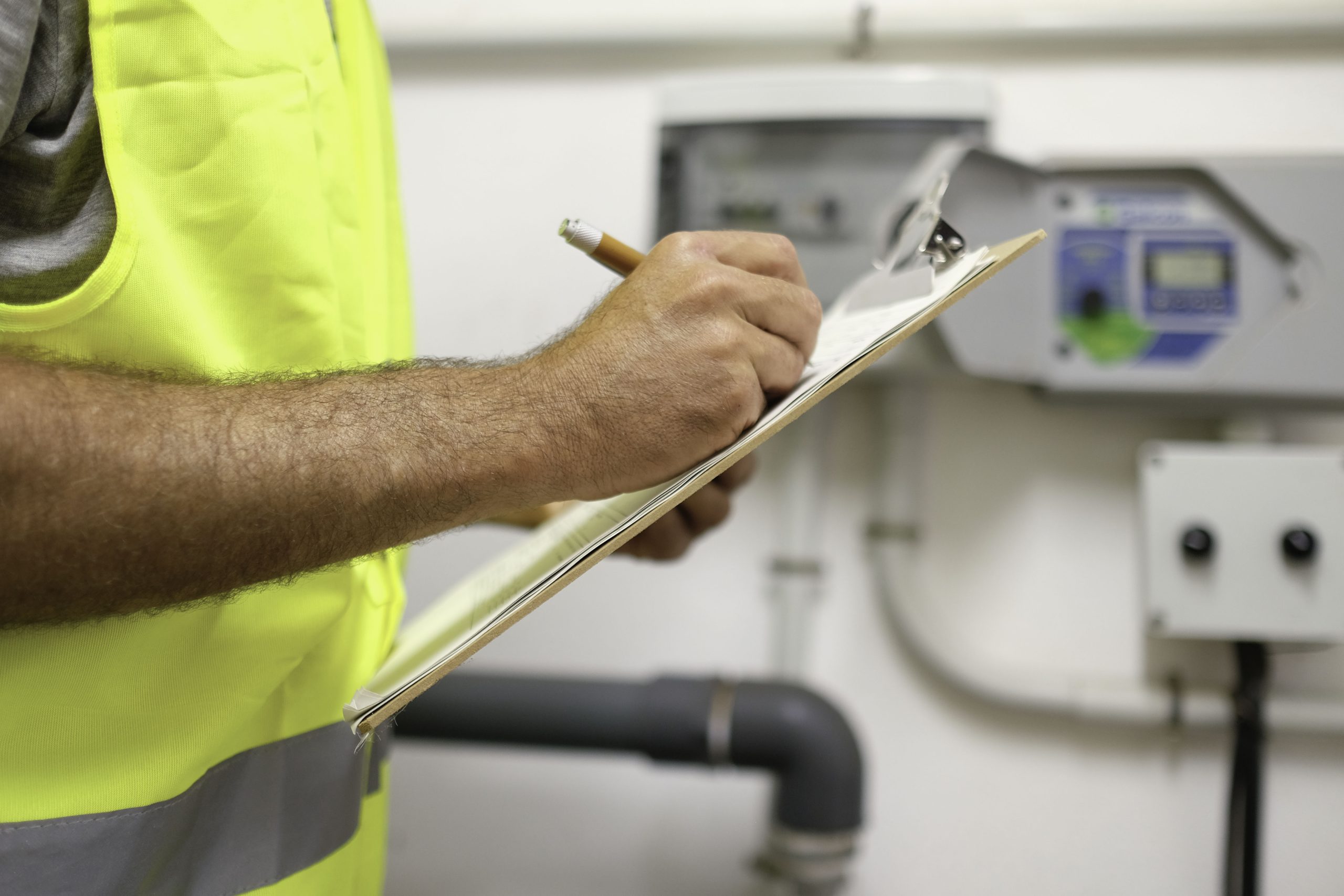Managing a commercial facility comes with a variety of challenges, and HVAC issues can be some of the most disruptive. A malfunctioning HVAC system can lead to uncomfortable working conditions, increased energy bills, and even equipment failures. For those new to facility management or those who unexpectedly find themselves in this role, understanding how to troubleshoot common HVAC problems is essential. It ensures that operations run smoothly and that any disruptions are minimized.
In this guide, we’ll cover common HVAC issues you might encounter in a commercial setting and offer practical troubleshooting steps. Whether it’s a noisy unit, uneven temperatures, or poor air quality, you’ll find advice to tackle these problems head-on. By the end of this guide, you’ll have a better grasp of your HVAC system, making it easier to keep your facility running efficiently.
Common HVAC Issues in Commercial Facilities
Commercial facilities often experience a range of HVAC issues that can disrupt daily operations. One common problem is uneven temperature distribution. This can result in some areas being too cold while others remain too warm, leading to discomfort for employees and clients alike. Poor airflow, usually caused by blocked vents or dirty filters, is often the culprit behind this issue.
Another frequent problem is unusual noises coming from the HVAC system. These noises can indicate a range of issues, from loose components and debris in the ductwork to more serious mechanical failures. Ignoring these sounds can lead to bigger problems down the line, including complete system breakdowns.
High energy bills could also signify that your HVAC system is not running efficiently. If you notice a sudden spike in energy costs without a corresponding change in usage, it might be time to inspect your system. This inefficiency can stem from outdated equipment, poor maintenance, or even small issues like clogged filters and vents.
Water leaks around your HVAC unit are another red flag. This could indicate a blocked drain pipe, frozen evaporator coils, or even a refrigerant leak. Addressing these issues promptly is crucial for maintaining your system’s efficiency and avoiding costly repairs.
Basic Troubleshooting Steps for HVAC Problems
When an issue arises with your HVAC system, taking immediate action can often prevent more serious problems. Start with these basic troubleshooting steps to resolve common issues:
- Check the Thermostat: Ensure that the thermostat is set to the correct temperature and mode. Sometimes, the problem is as simple as incorrect settings. Replace batteries if necessary and make sure the programmable features are set correctly.
- Inspect Air Filters: Dirty or clogged filters can restrict airflow, causing the system to work harder and reducing efficiency. Replace air filters regularly to maintain optimal airflow and indoor air quality.
- Examine Circuit Breakers: HVAC systems can trip circuit breakers, especially if they are overworking. Reset the breaker if it has tripped and monitor the system to ensure it doesn’t trip again, indicating an ongoing issue.
- Check Air Vents: Blocked or closed vents can lead to uneven cooling or heating. Ensure all vents are open and unblocked to allow for proper airflow throughout the facility.
- Listen for Unusual Noises: Pay attention to any odd sounds coming from the HVAC unit. Unusual noises can indicate loose parts or more severe issues. Tighten any visible screws or bolts and contact a professional if the noise persists.
When to Call a Professional for HVAC Repairs
While basic troubleshooting can solve many HVAC problems, some issues require professional help. Knowing when to call a professional can save time and prevent further damage to your system. One clear sign is persistent inefficiency. If your HVAC system continues to use too much energy despite regular maintenance and filter changes, a professional can diagnose and fix the underlying cause.
Another critical reason to call in a professional is strange noises that don’t disappear after basic troubleshooting. Persistent banging, clanking, or screeching sounds can signal severe issues like motor failures, loose components, or ductwork problems. Professionals have the tools and expertise to identify and resolve these issues safely and effectively.
If you notice any unusual smells coming from your HVAC system, it’s time to contact a professional. Musty odors can indicate mold growth, while burning smells might suggest electrical problems. Both issues require immediate attention to prevent health risks and potential system failures.
Preventive Maintenance Tips for Avoiding HVAC Issues
Preventive maintenance is essential for keeping your HVAC system running smoothly. Regular maintenance can help identify potential problems before they become significant issues, saving time and money in the long run. Here are some key preventive maintenance tips to consider:
- Schedule Regular Inspections: Have your HVAC system inspected by a professional at least twice a year. These inspections can catch minor issues before they escalate into costly repairs.
- Change Filters Regularly: Replace air filters every one to three months, depending on the level of use and the type of filter. Clean filters improve airflow and system efficiency.
- Keep the Area Around Units Clear: Ensure that the area around both indoor and outdoor units is free from debris and obstructions. This allows for proper airflow and reduces the strain on the system.
- Check the Thermostat: Make sure your thermostat is properly calibrated and functioning correctly. Upgrade to a programmable thermostat if you haven’t already to optimize energy use.
- Inspect and Clean Coils: Dirty coils can reduce the efficiency of your HVAC system. Regularly check and clean both the evaporator and condenser coils to maintain optimal performance.
- Seal Ductwork: Ensure all ductwork is properly sealed to prevent air leaks. Leaky ducts can waste energy and make your system work harder than necessary.
Conclusion
A well-maintained HVAC system is crucial for the smooth operation of any commercial facility. Addressing common issues promptly and efficiently helps maintain a comfortable environment and reduces the risk of costly disruptions. While basic troubleshooting can resolve many problems, knowing when to call in a professional is essential for more serious issues. Preventive maintenance plays a significant role in keeping your system running smoothly and avoiding potential breakdowns.
Understanding your HVAC system and taking proactive steps can significantly save energy costs and repairs. By staying vigilant and performing regular maintenance, you can ensure that your HVAC system supports your facility’s needs without unnecessary interruptions.
For those seeking comprehensive HVAC facility maintenance services, Trillium offers reliable solutions tailored to your specific needs. With our user-friendly software and mobile app, managing your maintenance tasks has never been easier. Contact us to discover how we can help you optimize HVAC efficiency and maintain a productive work environment.









